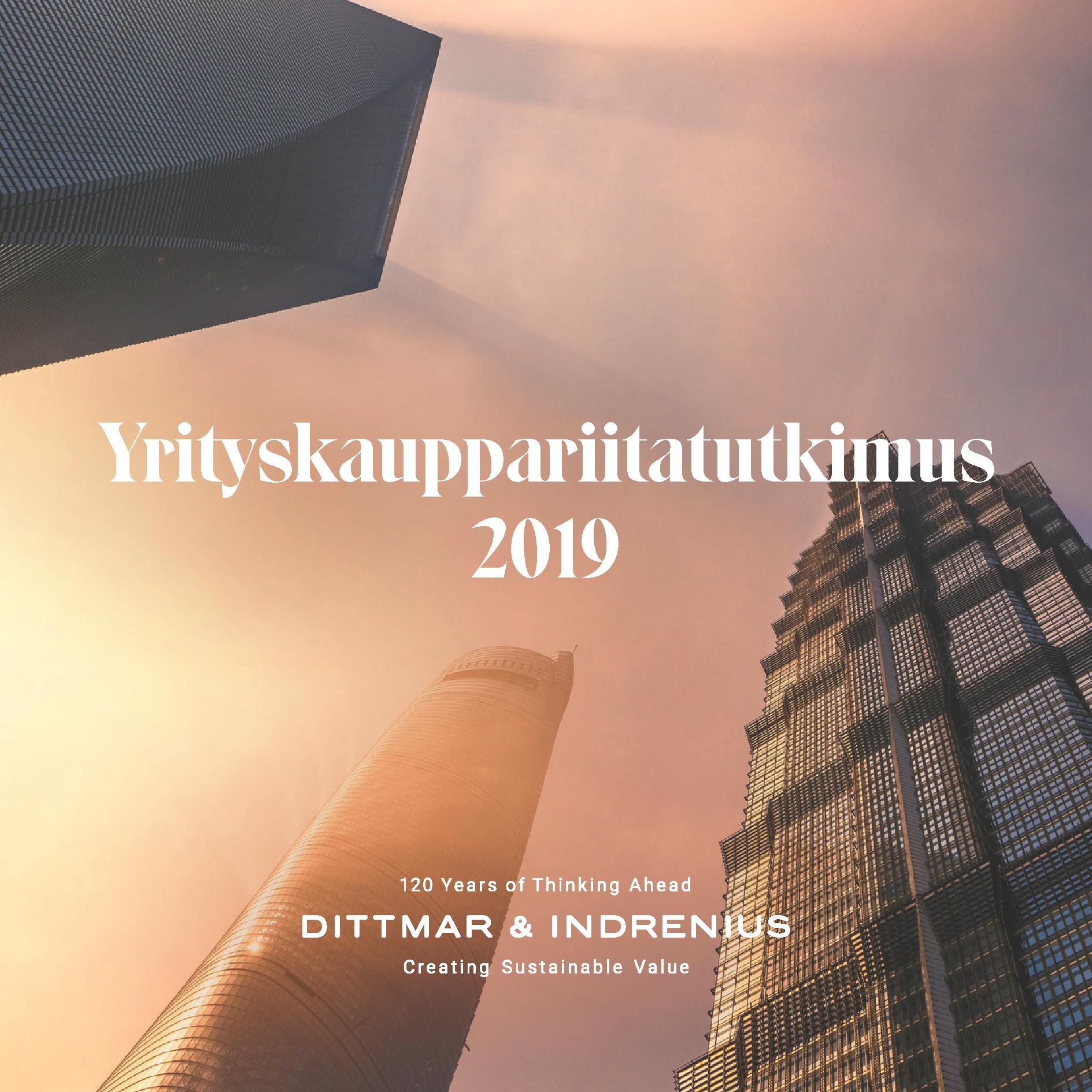D&I’s M&A Disputes Survey studied the causes of disputes arising from M&A transactions, how such disputes are resolved and what changes can be expected in the M&A disputes landscape in terms of, for instance, artificial intelligence and Brexit.
M&A Dispute Survey 2019 (pdf in English)
Yrityskauppariitatutkimus 2019 (pdf in Finnish)
According to the study, the most common sources of conflict in M&A-related disputes are the purchase price mechanism, the potential additional purchase price and breach of the seller’s warranties. More careful drafting of purchase agreements, more thorough due diligence and a successful post-acquisition integration of the target company were identified as the most significant means of avoiding disputes.
“The number of M&A transactions has increased during the economic boom of the past few years. When the economic growth starts to slow down, the interest towards raising contractual claims may increase. Accordingly, the significance of prevention of disputes in the contract drafting stages increases.”
According to the study, during the past five years 10 % of all M&A transactions have led to disputes. Approximately half of the respondents have used multi-tier dispute resolution clauses in M&A contracts. Such clauses require the parties to satisfy certain steps in an attempt to amicably resolve the dispute prior to commencing arbitration or other legal proceedings. Respondents are increasingly willing to use mediation and when they do, informal mediation is the preferred option. The lack of confidence in general courts of law as the forum for resolving M&A disputes has remained unchanged.
In arbitral proceedings, the Finland Arbitration Institute is by far the most popular choice of arbitral institution among the respondents of the survey. As many as 78 % of the respondents preferred to incorporate the Finland Arbitration Institute’s arbitration clause into their M&A contracts, while only 13 % would choose the ICC Arbitration clause and only 7 % would opt for the Stockholm Chamber of Commerce arbitration clause.
Artificial intelligence, Brexit and third-party funding
The technological revolution has come here to stay. However, two-thirds of the respondents do not consider it possible that their disputes could be resolved using artificial intelligence in the near future.
“It seems that artificial intelligence has not yet gained trust in the market as a method of resolving disputes. It seems that a human touch and personal interaction are still essential factors in dispute resolution. This is highlighted by the perceived heightened significance of mediation and settlement negotiations in resolving M&A disputes.”
Brexit also raises concern among M&A experts. Nearly one-quarter of the respondents say that their attitude towards English law as the applicable law in M&A contracts has changed as a result of the Brexit. Responses to the open-ended questions show that attitudes towards English law as the applicable law has become more cautious and uncertainties created by Brexit have increased. About half of the respondents would not accept English law as the applicable law in their M&A contracts.
Third-party funding, where a third party pays for the legal costs in litigation or arbitration on behalf of one of the parties to the dispute, is arriving in Finland as well. A few respondents have already encountered disputes that have been funded by a third party. Approximately 15 % of the respondents considered it possible that their disputes will in the near future be funded by a third party.
_______
The study was carried out for the third time and was based on interviews with representatives of Finnish listed companies, large non-listed companies, and private equity investors who have collectively participated in more than a thousand M&A transactions during the last five years.

